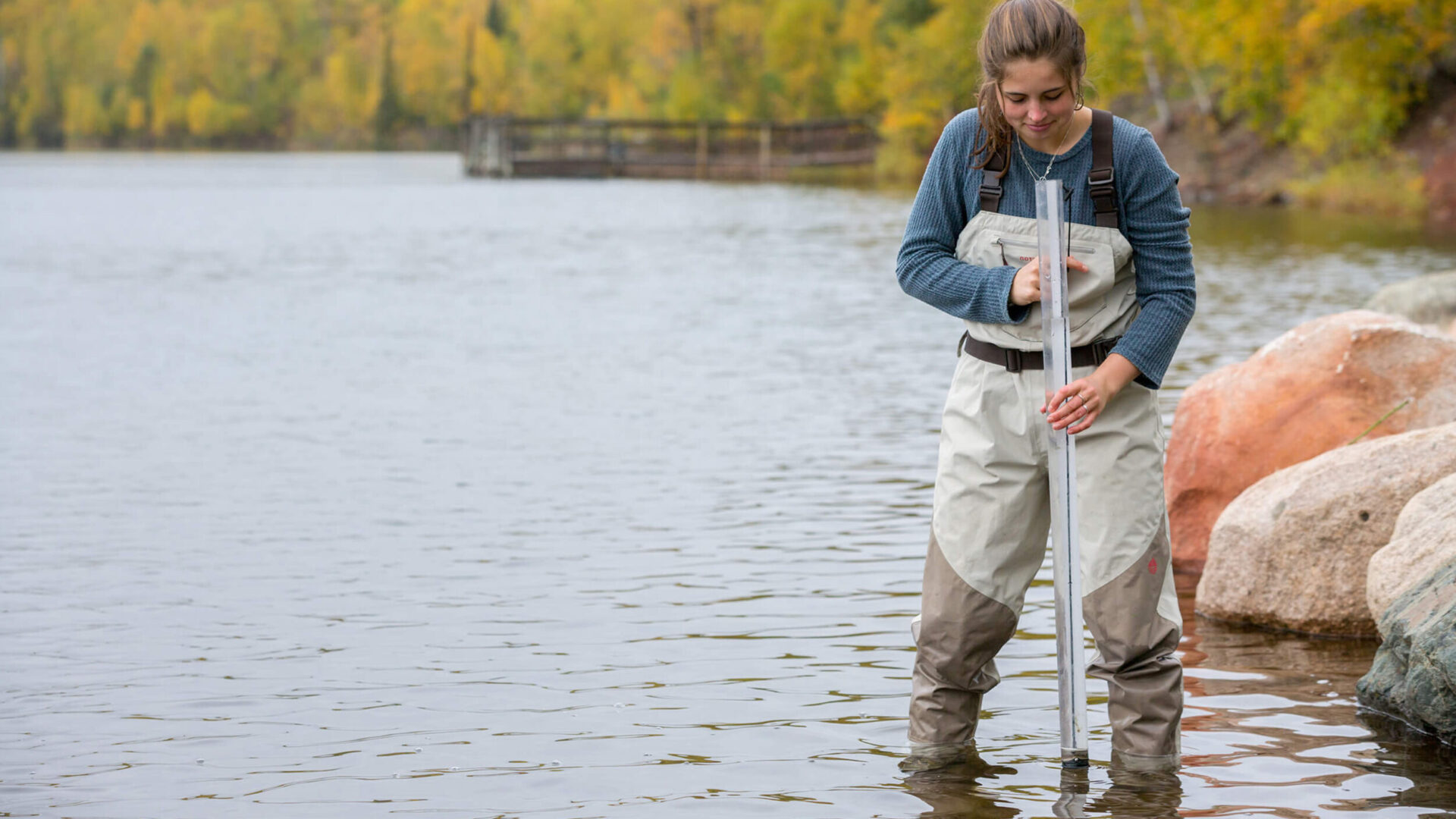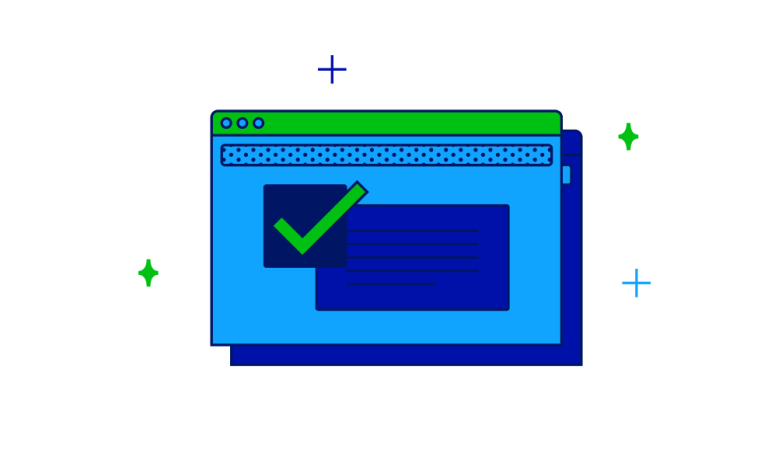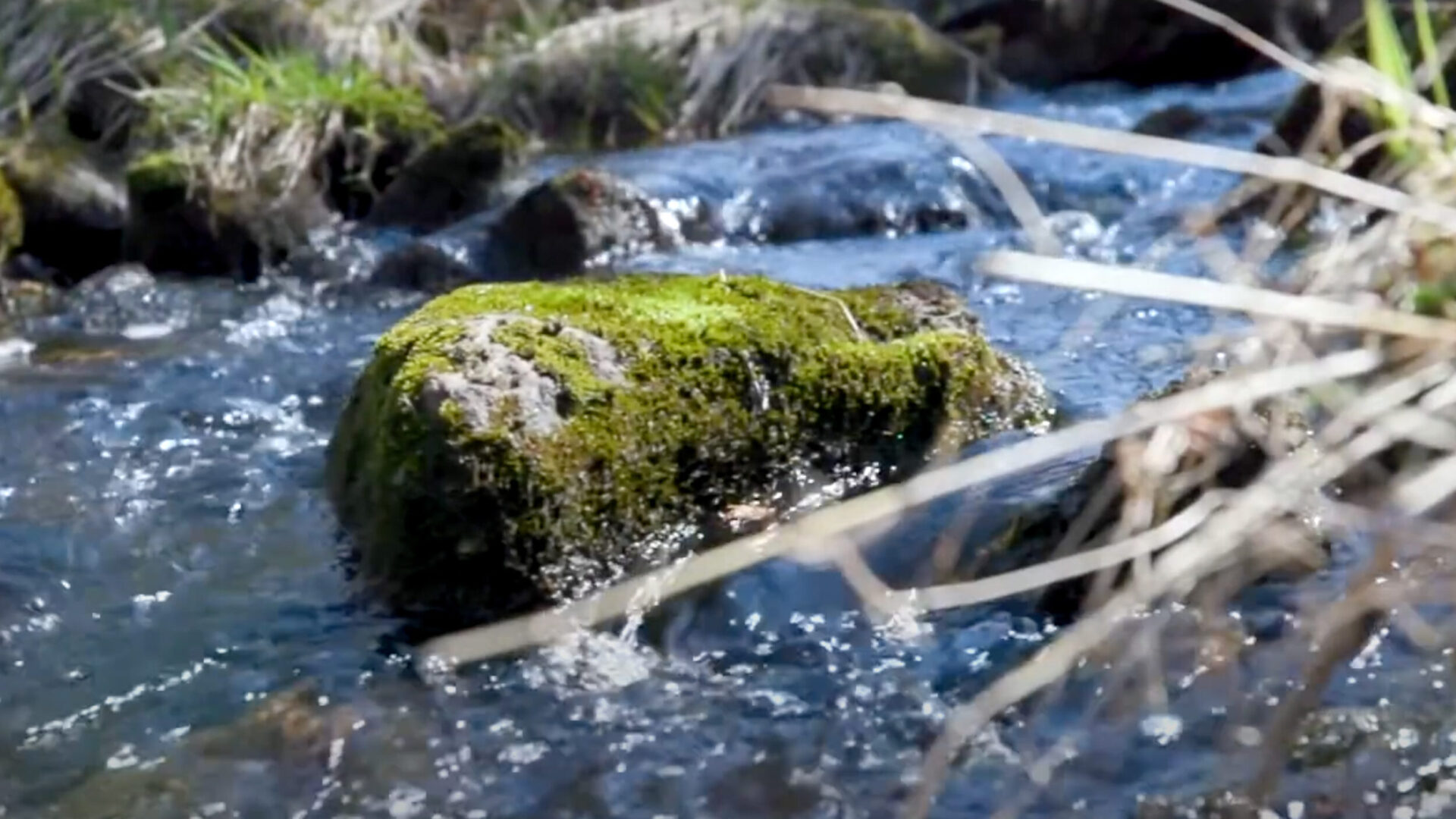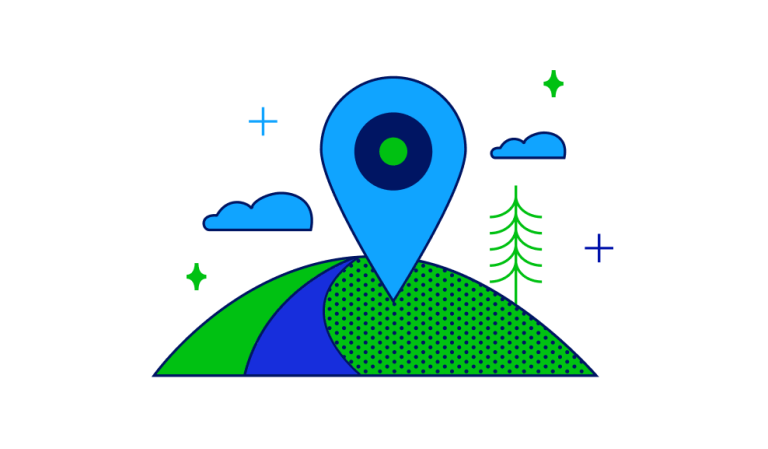
Program Overview
Fisheries & Wildlife Management
Program Overview
The population, survival, and health of today’s fisheries and wildlife is a large aspect of the natural resource field and study. The Fisheries and Wildlife Management program is designed to give you a combination of field work, lab skills, and general education designed to facilitate transferring to a variety of bachelor degree options. A combination of the Fisheries and Wildlife Management AS and the Wildlife Ecology certificate are accredited by the North American Wildlife Technology Association (NAWTA).


Sources: US Bureau of Labor Statistics

Reasons to Attend Minnesota North
Endless outdoor activities.
Being next door to the Boundary Waters Canoe Area Wilderness (BWCAW) and having federal, state, and local agencies all in our neighborhood, you will have endless opportunities during your educational journey:
August – September: Predator Scent Post Survey, Small Mammal Trapping
October: Waterfowl Bag Limit Survey, Radio Telemetry – wolf/deer
November: Fuels Reduction Work, Habitat Improvement Projects
December: International Wolf Center, Wildland Fire Training
January: Midwinter Waterfowl Survey
February-March: Northern Owl Survey
April-May: Ruffed Grouse Survey, Wildlife Chemical Immobilization, Fish Hatchery Visits
A wide variety of career opportunities.
While the Fisheries and Wildlife Management A.S. degree is designed around transferring for additional education, careers exist after both the associate degree and bachelor degree level. Associates Degree careers include: Wildlife Technician/Biological Science Technician, Animal Caretaker/Animal Science, Plant & Animal Work, Range Technician, Life Science Technician, Physical Science Technician, and Social Science Technician. Bachelor Degree Careers include: Wildlife Biologist, Wildlife Refuge Management, Habitat Specialist, Fisheries Analyst/Fisheries Manager, Wildlife Ecologist, Range Land, and Manager/Wildlife Manager.




